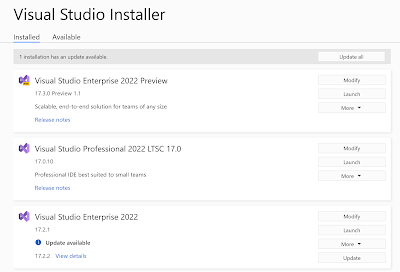Ok, maybe not always, but please don't start by assuming you're the exception.
(Note that exceptions should come with an adequate, documented explanation.)
So, imagine the scenario: You find something wrong in the code base, so you fix it.
Simple enough and almost certainly a good thing.
But, consider the bigger goal that we don't just want a codebase with fewer bugs in it we also want a codebase that is easy to maintain, so that future bugs or changes (there will be some) are also easy (and quick) to address.
By adding or changing code without adding tests, we risk making future changes harder/slower.
Going back to the bug you fixed. How was it discovered? I'm going to assume it wasn't because of a failing test.
It was probably found by someone using the code/app/service/whatever or looking at the code. Either way, a manual process.
And how was the change tested? Again, I'm guessing manually.
So what happens when someone has to change something near or related to that code again in the future?
They'll have to test it manually again. But, also, they need to work out (or remember) how to test it manually and work out what all the scenarios they need to test are. Then they have to do that testing in its entirety and without human error. This is unlikely to be fast, thorough, or accurate.
But, also, what if the place where the error in the code was found wasn't the only place that error had been made? Have you really, manually reviewed the entire codebase to look for such an error? How do you know that you really checked *everywhere*? Was that a good use of your time? Additionally, how will you make sure that any future changes to the code don't reintroduce the same bug? Either here or in another part of the codebase? Are you really going to add that to the list of manual checks that are made as part of every code review? I suspect not.
Suddenly, taking the effort to write some automated tests doesn't seem like such a waste of time. Doing so can often be faster than manually retesting something while working on it. Also, having something that checks your code for bad practices, inconsistencies, and anti-patterns is much faster than manually reviewing all but the smallest codebases.
But, what if you don't know how to write tests? Or you don't know how to write a good test for this specific scenario? Well, you find out. Ignorance isn't an excuse.
If working on a codebase as part of a team, ask them. Your whole team wants to work together to create better software and that includes having a codebase that is easy and better for them all to work with.
Maybe I'll write more on getting started with testing or testing difficult things in the future. Don't worry, though; there are a lot of resources about this already on the internet (& elsewhere).
<RantOver />




